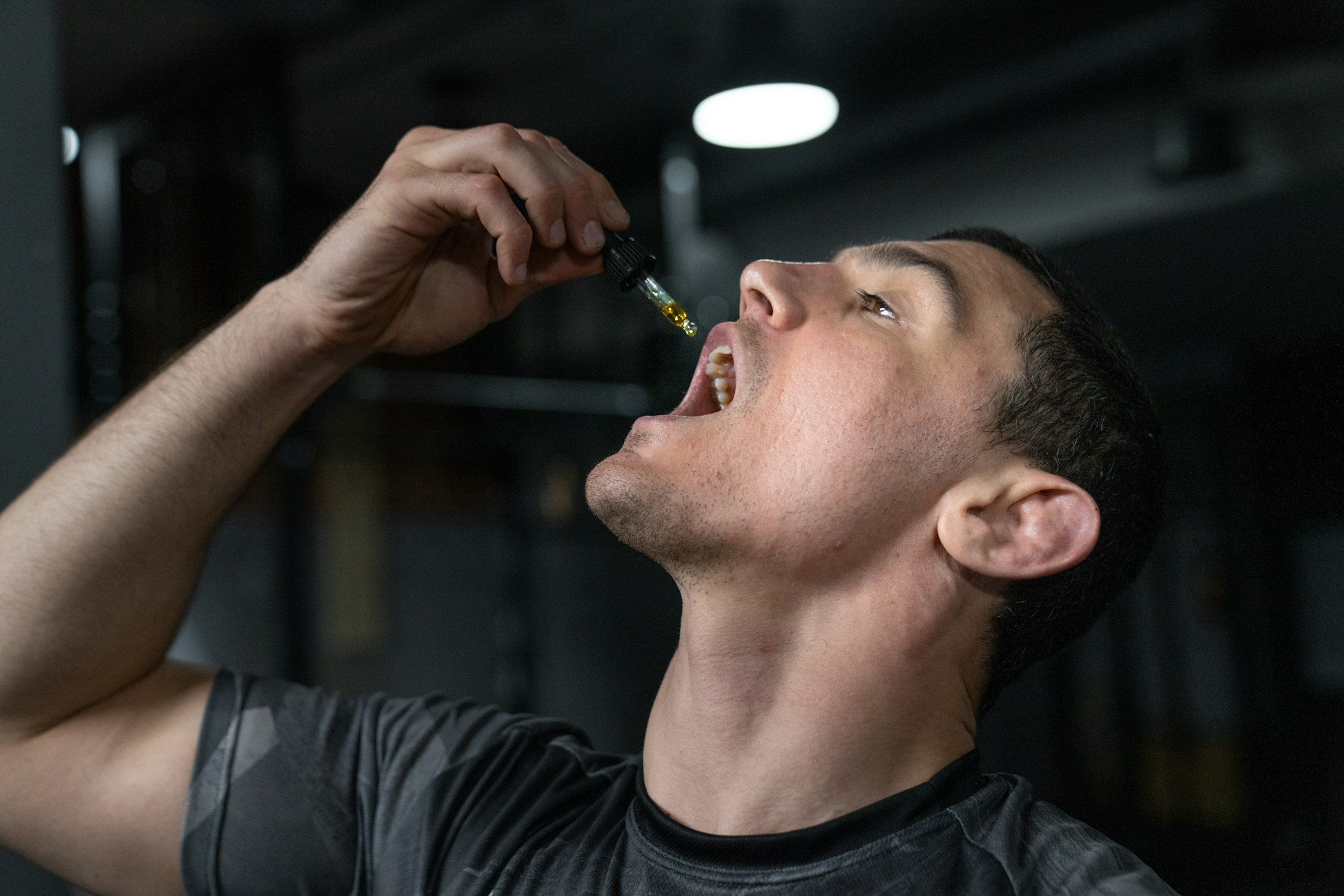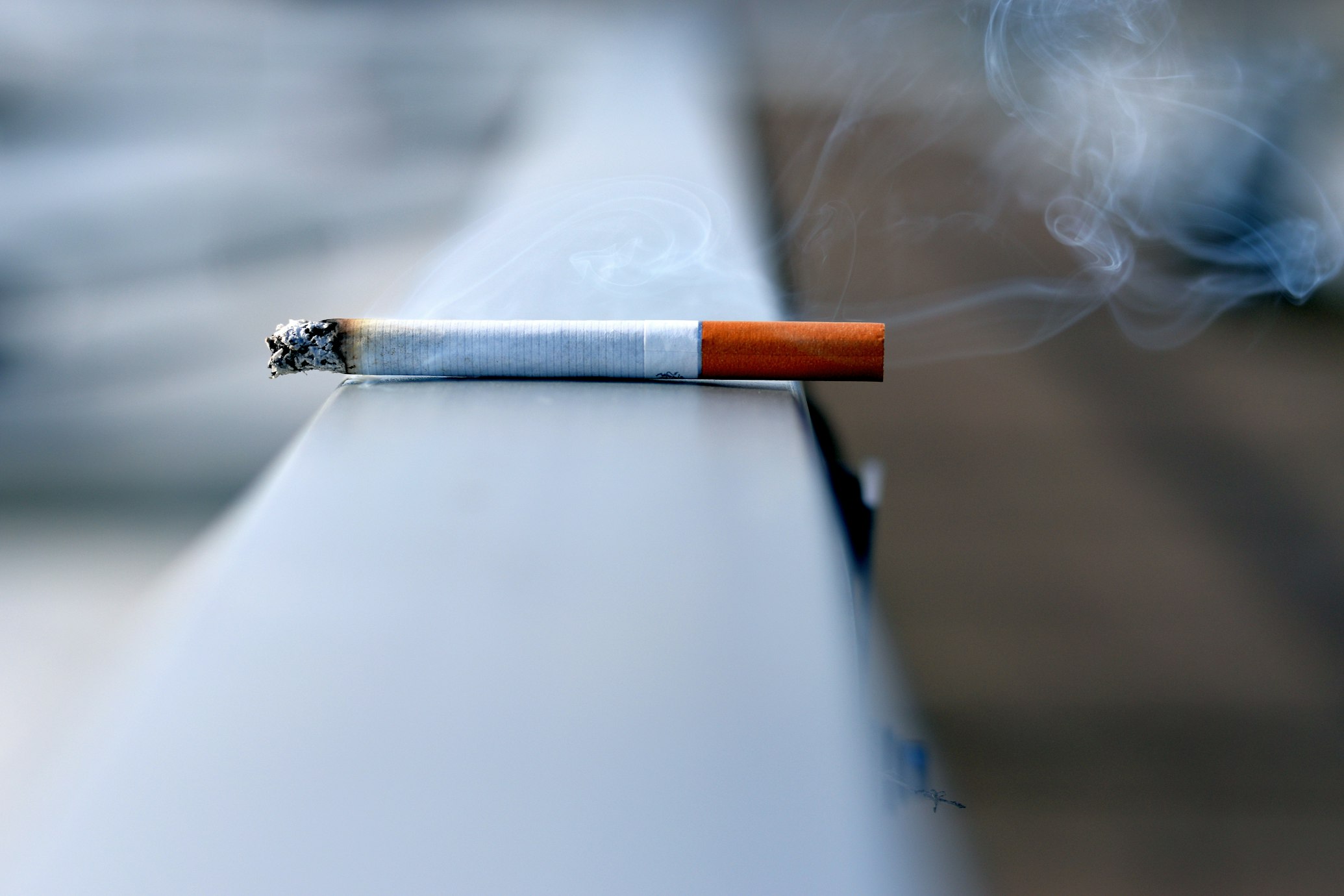A Comprehensive Look at CBD's Athletic Application
CBD, the acronym for Cannabidiol, has emerged as a compelling subject in the health sphere. Traced back to the Cannabis Sativa plant, it's gaining attention for offering potential health advantages without the intoxicating consequences commonly associated with THC. While its contemporary prominence is undeniable, it's worth noting that ancient cultures, from Egyptians to Chinese, have a documented history of using cannabis for both medical and leisure pursuits. Researchers like Dr. Raphael Mechoulamhave been instrumental in laying the groundwork for our modern understanding of CBD. Its legal status, varied across nations, has complex dimensions. However, one area garnering consistent attention is its potential boon for athletes.
The Athletic Edge: Beyond Conventional Recovery Techniques
Athletes, irrespective of their skill level, consistently hunt for strategies to augment their recuperation post-exercise, manage discomfort, and elevate their overall performance. High-intensity exercises often lead to minuscule muscle traumas, which demand efficient recovery protocols. Research, such as that published in the European Journal of Pain, has spotlighted CBD's potential anti-inflammatory prowess, offering a fresh avenue for athletes. Given the challenges linked to traditional pain-relief medications, CBD is being explored as a more natural alternative. Though empirical data is still being collated, many athletes claim heightened concentration and performance associated with CBD.
Although none of these have been approved by the FDA, Ongoing research is being conducted for the following CBD benefits :
- Anti-inflammatory Properties: CBD has been studied for its potential anti-inflammatory effects, which can help reduce swelling and pain often associated with muscle trauma.
- Pain Relief: CBD may interact with receptors in the brain and immune system to dampen the body's pain response, offering an alternative to traditional painkillers.
- Muscle Relaxation: CBD might help alleviate muscle tension and spasms, which can be common post-injury symptoms.
- Reduction of Muscle Breakdown: Preliminary research suggests that CBD might reduce the amount of catabolic hormones produced, which can lead to muscle breakdown after trauma or intense workouts.
- Enhanced Blood Flow: Improved circulation can aid in the healing process, and CBD may play a role in promoting better blood flow to injured areas.
CBD's Biological Interplay
The deep-seated mechanism of CBD's action within our anatomy revolves around the endocannabinoid system (ECS). Discovered during cannabinoid investigations in the late 20th century, the ECS is instrumental in adjusting mood, sleep, and, significantly for athletes, the perception of discomfort. CBD's role may involve modulating the ECS's receptors, potentially altering inflammation and pain pathways. By ensuring equilibrium, CBD could be an ally for athletes facing physical strain.
- Improved Sleep: Adequate rest is vital for muscle recovery. CBD's potential effects on sleep could facilitate better healing during the body's natural recovery process at night.
- Regulation of Sleep Cycle: Some research suggests that CBD may influence the sleep-wake cycle, promoting longer periods of undisturbed sleep.
Personalizing CBD Dosage
Crafting the perfect CBD dosage strategy involves consideration of individual factors such as body mass, metabolism, and specific athletic endeavors. While a conservative approach, beginning with smaller quantities and then escalating, is frequently advised, specialists like Dr. Jordan Tishler emphasize the importance of individual consultations to determine the most effective regimen.
Generic CBD Dosing Strategy
- Start Low and Go Slow:
- Begin with a low dose, typically between 5 to 10 mg of CBD per day.
- Monitor how you feel for about a week.
- Incremental Increases:
- If after a week, you don't notice any effect or if you believe you could benefit from a higher dose, increase the dosage by 5 mg.
- Continue monitoring your feelings and any potential side effects.
- Stabilize and Evaluate:
- Once you find a dose that seems effective for your needs, maintain it for a few weeks to gauge its full effects.
- If you feel that the dosage isn't as effective over time, consider increasing the dose incrementally once again.
- Monitor for Side Effects:
- Be observant for potential side effects such as dry mouth, dizziness, or changes in appetite.
- If you experience significant side effects, reduce the dosage or discontinue use and consult with a healthcare professional.
- Consider Consumption Method:
- The method of consumption (e.g., tinctures, edibles, capsules) can influence how quickly CBD is absorbed and its overall effect. Adjust dosages according to the method you prefer.
- Daily vs. As-Needed:
- Some people benefit from a consistent daily dose, while others use CBD on an as-needed basis. Determine what works best for your needs.
- Document and Reflect:
- Keeping a simple journal noting the dose, time of day, and any effects (positive or negative) can be beneficial in tracking what works best for you.
- Reevaluate Periodically:
- As with any supplement, it's a good idea to assess periodically if CBD continues to meet your needs and whether adjustments are necessary.
Remember, it's essential to consult with a healthcare provider familiar with CBD before starting, particularly if you are on other medications or have underlying health conditions.
Navigating CBD's Dual Facets
CBD's potential benefits are intriguing, yet it's crucial to be cognizant of its potential downsides. Preliminary findings suggest possible side effects like dizziness or altered appetite. Given the potential for CBD to cross-react with other medicines, health experts, includingDr. Peter Grinspoon, recommend a thorough consultation prior to CBD's incorporation into one's routine.
Choosing Your CBD: Topical or Oral
Athletes often grapple with the choice of CBD application. Topical variants, applied directly to aching regions, offer specific relief and are becoming a popular choice among professionals. Oral alternatives, meanwhile, offer broader effects, potentially aiding general health. The final decision often rests on specific athletic goals and preferences.
Finding Your Perfect CBD Match at Eden's Herbals
The multifaceted landscape of CBD can be daunting, but Eden's Herbals stands as a beacon to guide you. Stocking a myriad of premier CBD products designed for diverse requirements, we cater to all. From the athlete keen on topical applications to the individual seeking comprehensive benefits from oral CBD, our inventory promises quality and variety. Dive deep into our shop page and discover the CBD solution that mirrors your needs. Your journey towards tapping into CBD's full potential begins here.
Edens Herbals makes no medical claims with regard to using CBD. Individual users should do thier own due dilligence and consult with thier doctor about the benefits of CBD.
DG








